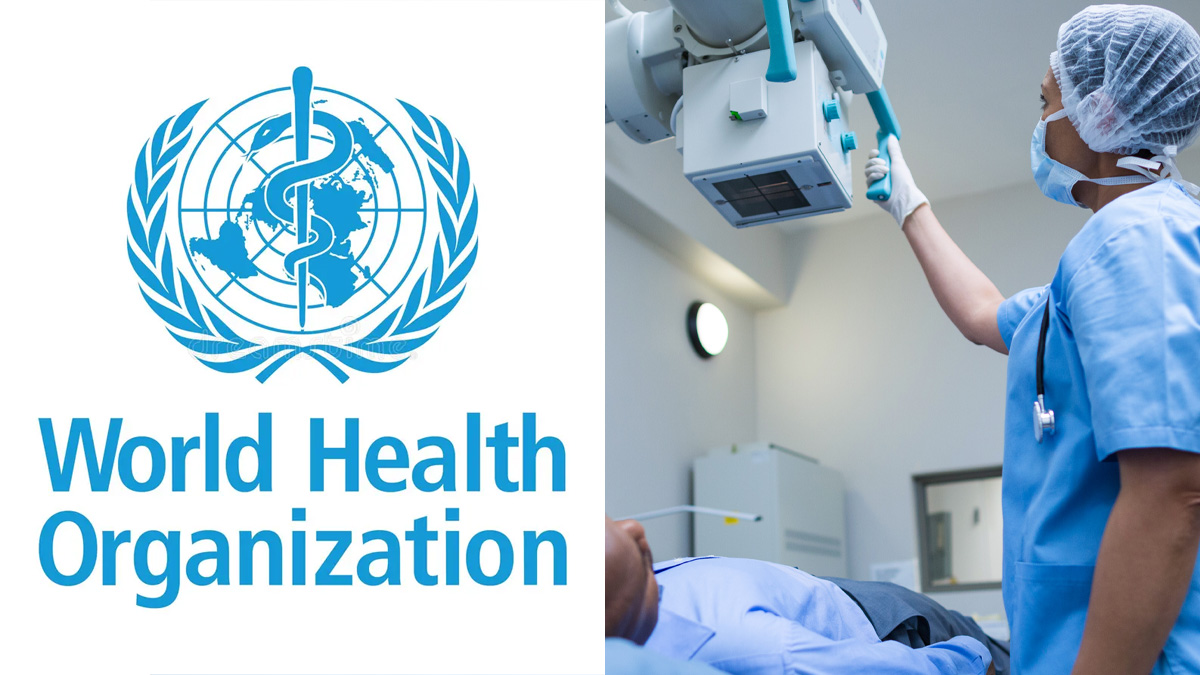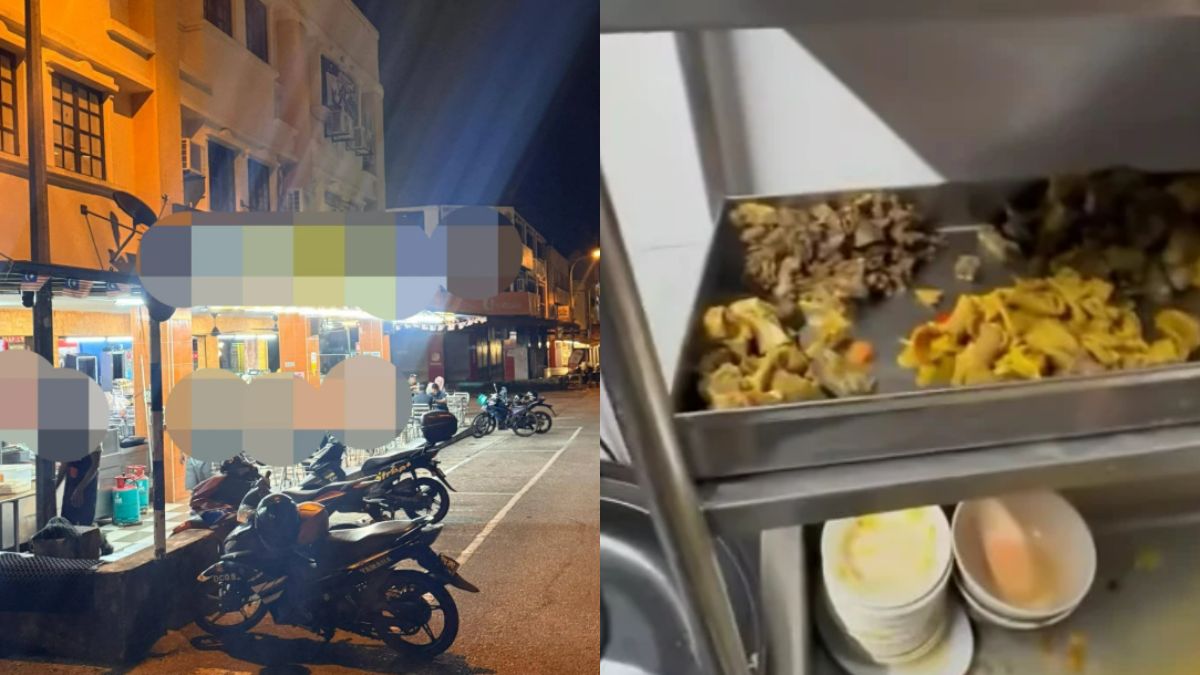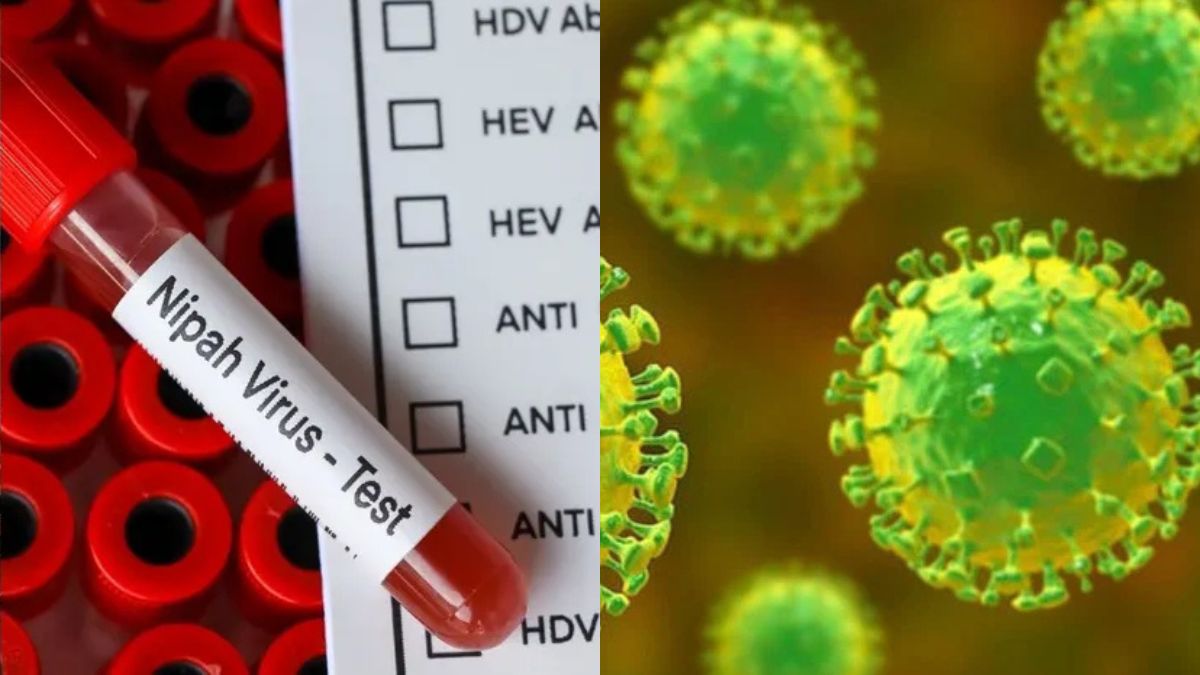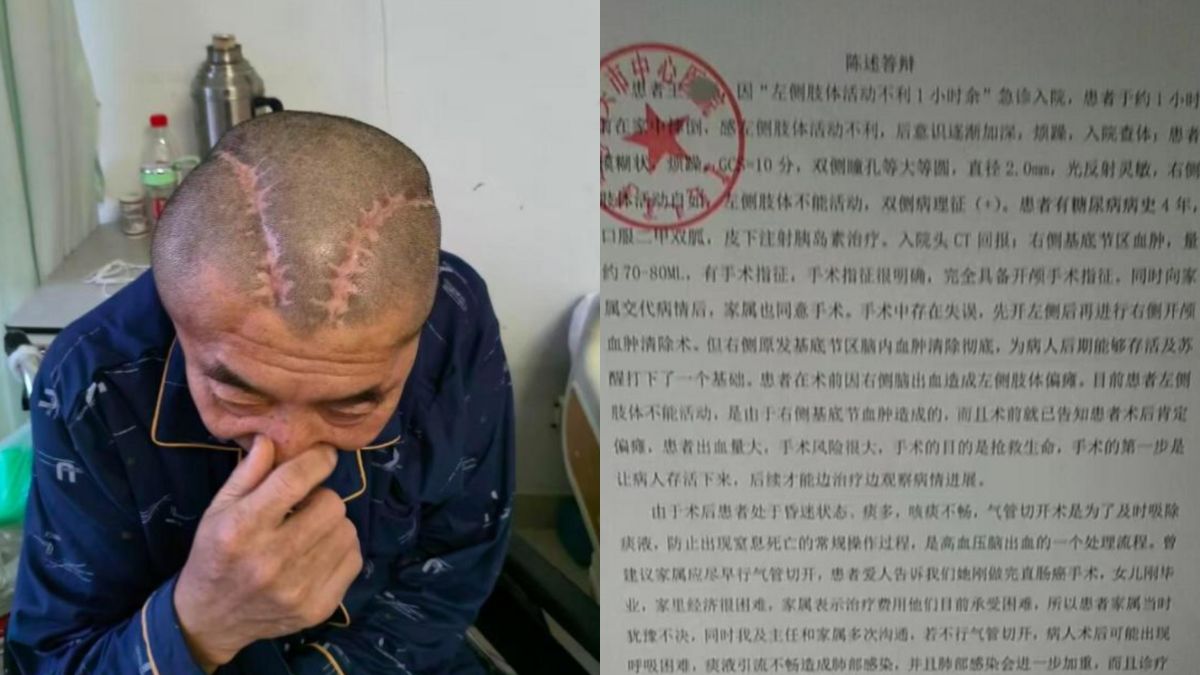Zika virus cases confirmed in Woodlands as NEA steps up surveillance
Two Zika virus cases have been confirmed in Woodlands, prompting intensified mosquito and wastewater surveillance by the National Environment Agency (NEA). Authorities caution of possible ongoing transmission and urge residents to seek medical attention if symptoms arise.

- Two Zika cases were confirmed in Woodlands, Singapore, on 19 June 2025.
- NEA launched intensified mosquito and wastewater surveillance, warning of possible ongoing transmission.
- Seven Zika cases have been recorded in Singapore this year, with heightened concern for pregnant women due to health risks.
Two cases of Zika virus have been confirmed in Woodlands, specifically at Street 11 and Street 32, according to a joint announcement by the National Environment Agency (NEA) and the Communicable Diseases Agency (CDA) on 19 June 2025.
The NEA responded immediately by deploying mosquito surveillance and wastewater testing around the affected residential clusters. These measures are part of Singapore’s established public health framework to detect and contain vector-borne illnesses.
Indications of ongoing transmission
Monitoring carried out in the days following the detection showed continued traces of Zika virus in the area. The NEA noted that these findings suggest possible sustained transmission within the Woodlands neighbourhood.
The agency warned that residents could be facing ongoing exposure risks and emphasised that vigilance was necessary.
Preventive strategies in place
As part of its long-standing anti-mosquito strategy, the NEA has been using gravitraps across Housing Board estates. These devices specifically target the Aedes aegypti mosquito, which is the primary vector of both Zika and dengue viruses in Singapore.
The NEA explained that these traps help monitor mosquito populations and assist in pre-emptive interventions to suppress outbreaks before they escalate.
Recent case numbers and trends
According to NEA records, three local Zika cases have been confirmed since the week of 25 May 2025. The most recent case before the Woodlands cluster was confirmed on 11 June.
In total, seven cases have been reported in 2025 as of 12 June. This follows 13 cases recorded across 2024, reflecting a continued though relatively limited presence of the virus in Singapore.
While the numbers remain lower compared to the major outbreak of 2016, the confirmation of multiple cases in the same area raises concern about potential localised transmission.
Health guidance and medical response
Both the NEA and CDA have advised residents, particularly those living in or near the affected Woodlands neighbourhoods, to monitor their health closely.
Common symptoms of Zika infection include rash, fever, joint pain, and conjunctivitis. The agencies recommend that individuals experiencing such symptoms seek medical consultation promptly for assessment and testing.
The CDA highlighted that while many Zika cases result in mild illness, infection during pregnancy carries serious risks. These include neurological complications in infants and conditions such as microcephaly.
Broader implications for public health
Singapore’s public health authorities continue to frame Zika as a manageable but persistent threat. The country’s integrated approach combines community awareness, vector control, and medical surveillance to limit transmission.
The latest cluster underscores the importance of maintaining these measures, particularly during warmer months when mosquito activity tends to increase.
The NEA reminded the public to remove stagnant water from homes and surroundings, a key step in reducing mosquito breeding habitats.
Information and resources
Residents seeking further information on Zika symptoms, prevention, and updates on cluster areas can visit the official portals at go.gov.sg/zika and go.gov.sg/zikaclusters.
The agencies affirmed that updates will continue to be shared through official channels, including NEA advisories and CDA health bulletins.







